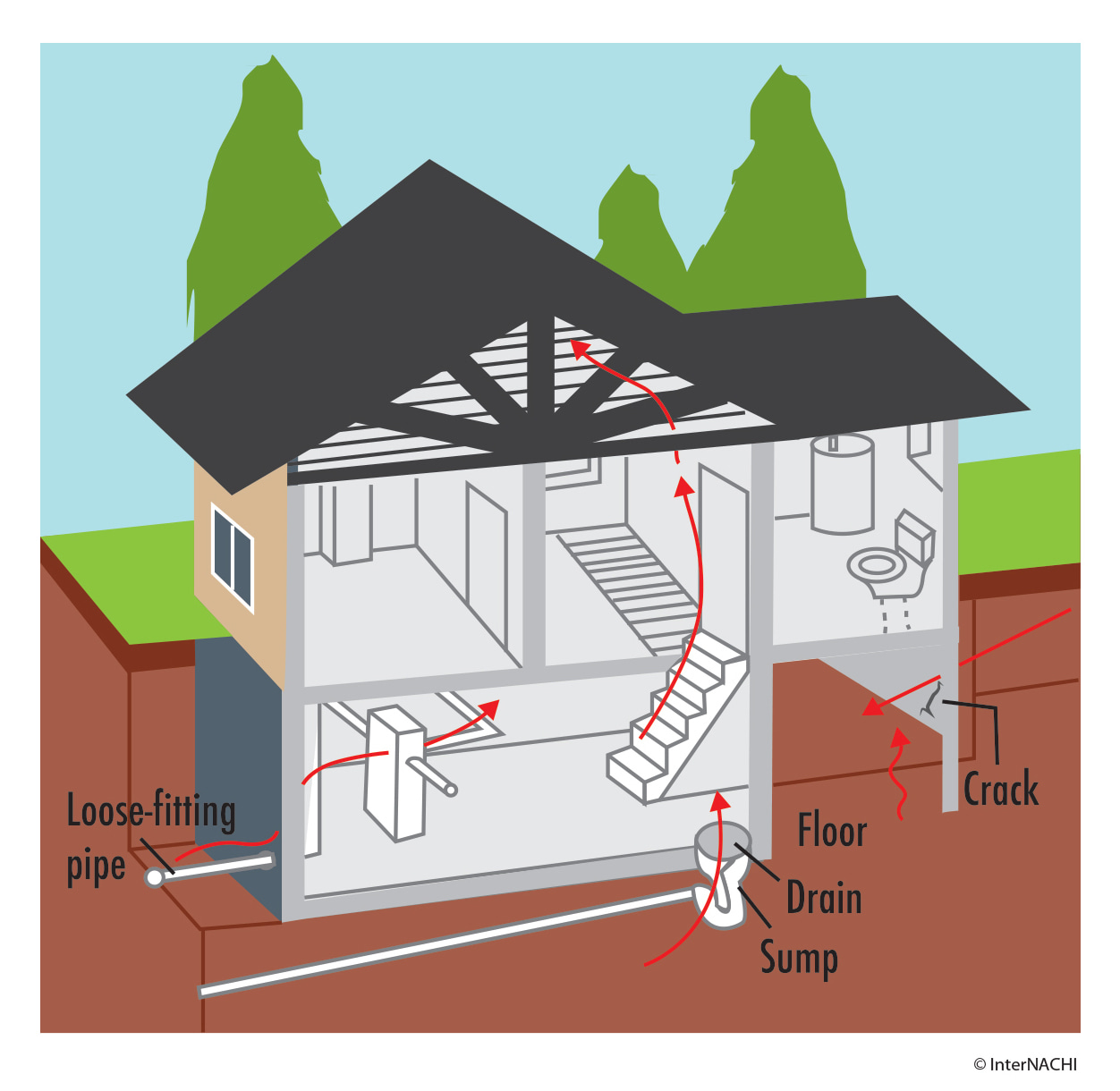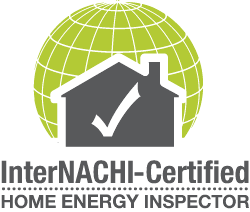Radon is a naturally-occurring radioactive gas that can cause lung cancer. Radon gas is inert, colorless and odorless, that is caused by the decay of uranium in the soil. Radon is naturally in the atmosphere in trace amounts. Outdoors, radon disperses rapidly and, generally, is not a health issue. Most radon exposure occurs inside homes, schools and workplaces. Radon gas becomes trapped indoors after it enters buildings through cracks and other holes in the foundation. Indoor radon can be controlled and managed with proven, cost-effective techniques.
Breathing radon over time increases your risk of lung cancer. Radon is the second leading cause of lung cancer in the United States. Nationally, the EPA estimates that about 21,000 people die each year from radon-related lung cancer. Only smoking causes more lung cancer deaths.
How does it get into my home?
It can enter the home through cracks in the foundation, walls, cracks in the basement floors, and through sump pump pits. Most people believe that if you don’t have a basement that radon will not enter your home. However, this is not true. High levels of radon have been found in homes that have slab foundations or crawl spaces. Sometimes Radon can enter the home through a water supply if the home is on well.
How do I know if my home has radon?
Testing is the only way to find what the radon level is in the home. Most homes will have some radon and the average home level is 1.5 pCi/L. The EPA recommends mitigation when the level is 4.0 pCi/L or higher.
How can I reduce the radon level in my Home?
All cracks in basement walls and floors should be sealed. Sump pumps should have sealed covers installed. Homes with higher levels should have a radon Mitigation installed in the home.
How much does it cost to mitigate the radon from my home?
The average cost for standard radon mitigation is $800-$1500. Crawl spaces that are not encapsulated can add a significant cost to the install price.
Is Radon testing part of a standard Home inspection
It is not included but can be added to the price of the home inspection.









